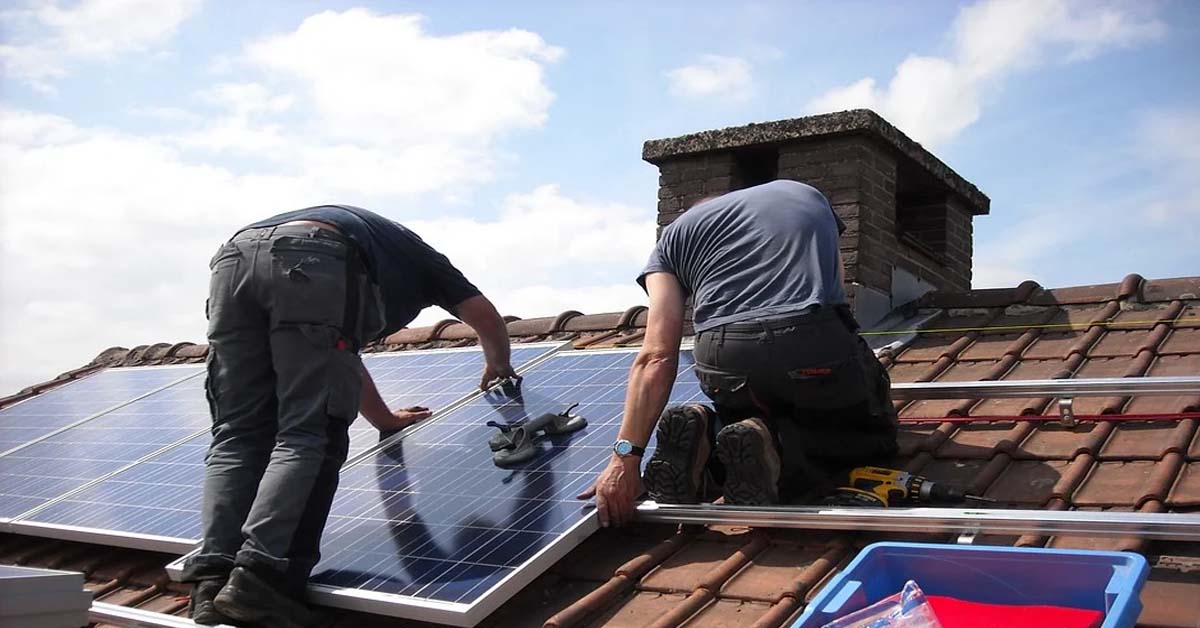A third of families in Hawaii have solar panels on the rooftops of their houses. This figure accounts for more than twice the rate in California. As conventional energy costs start to prove pricey, Hawaiian officials expect more homes to follow suit and add more panels in the coming years.
Families, political leaders, power executives, and many others have decided that rooftop solar panels are one of the efficient ways to cut down on high energy costs and meet power demands. They already knew this even before the increase in power costs resulting from Russia’s attempt to invade Ukraine.
The imminent energy cost spike only solidified Hawaii’s position on renewable energy. For example, there was a 34% increase in electricity rates in Hawaii last April. In addition, many Hawaiian power plants rely on oil, around a third of which is sourced from Russia.
Hawaii’s reliance on solar energy is a lesson for other countries to embrace alternative energy sources. Other states can learn to reduce energy consumption and costs and combat climate change
The country increased its reliance on renewable energy by accepting rooftop solar utilities instead of resisting them. This is in line with what the energy companies in other states are already doing – California and Florida, to name a few.
President and CEO of Hawaiian Electric Company Shelee Kimura said that they made rooftop solar a crucial and mandatory part of their grid. Kimura acknowledges that some agreed to it while others were surprised. The electric company is the country’s largest energy provider.
Hawaii’s Oil Demand
Unlike the other US states, Hawaii consumes more oil for its energy needs. This trend is common because fuel is cheaper than natural gas on islands. Oil generates about two-thirds of the country’s electricity now, which is a good sign that it used to be three-quarters a decade ago. Fourteen percent of rooftop solar energy comes from rooftop solar power.
Hawaii gets 80 percent of its oil from Argentina, Libya, and Russia, while 20 percent is from Alaska. However, when Russia invaded Ukraine, the United States attempted to hinder Russia by banning oil imports. Consequently, Hawaii had to rely on other suppliers, resulting in a 9 percent increase in electricity rates.
James Griffin, Hawaii Public Utilities Commission chairman, believes that dependence on oil is disadvantageous because of its high cost and environmental risk.















